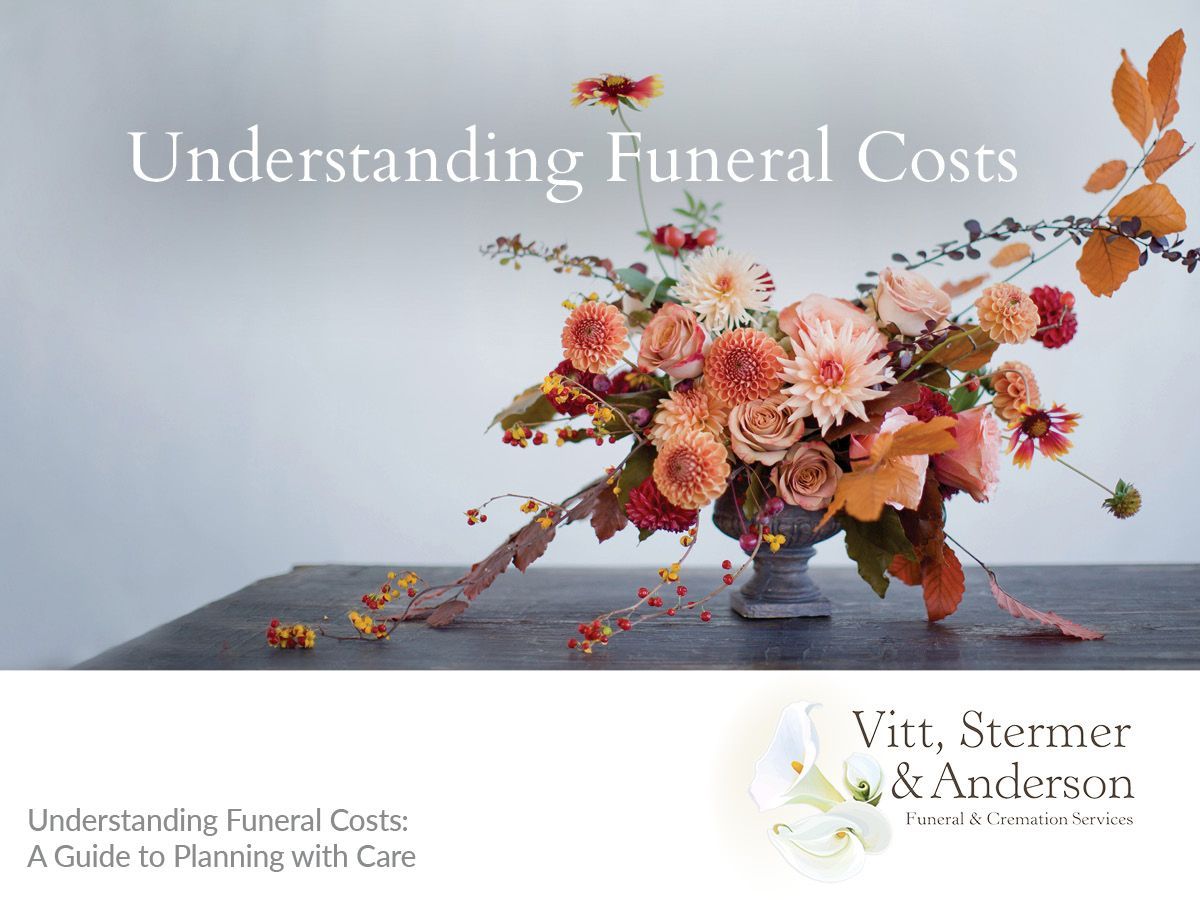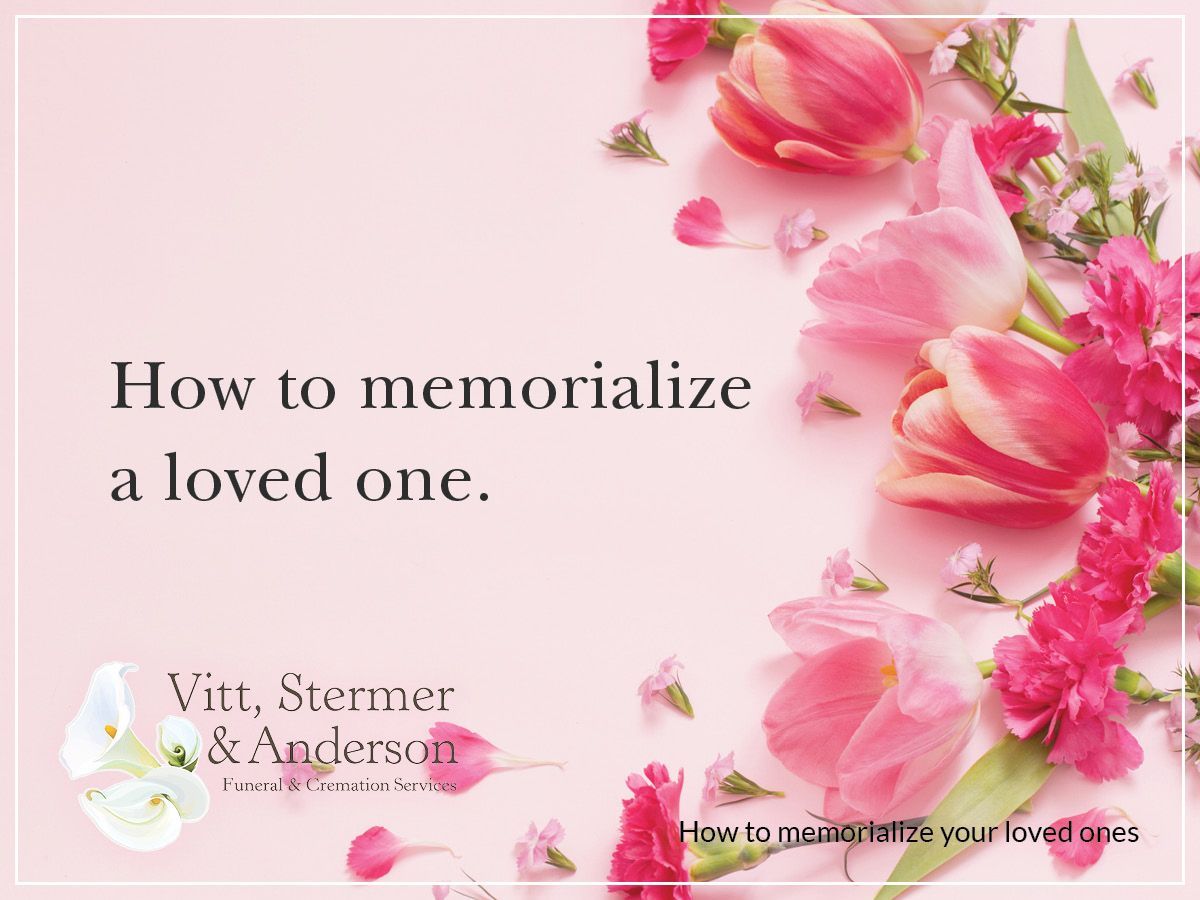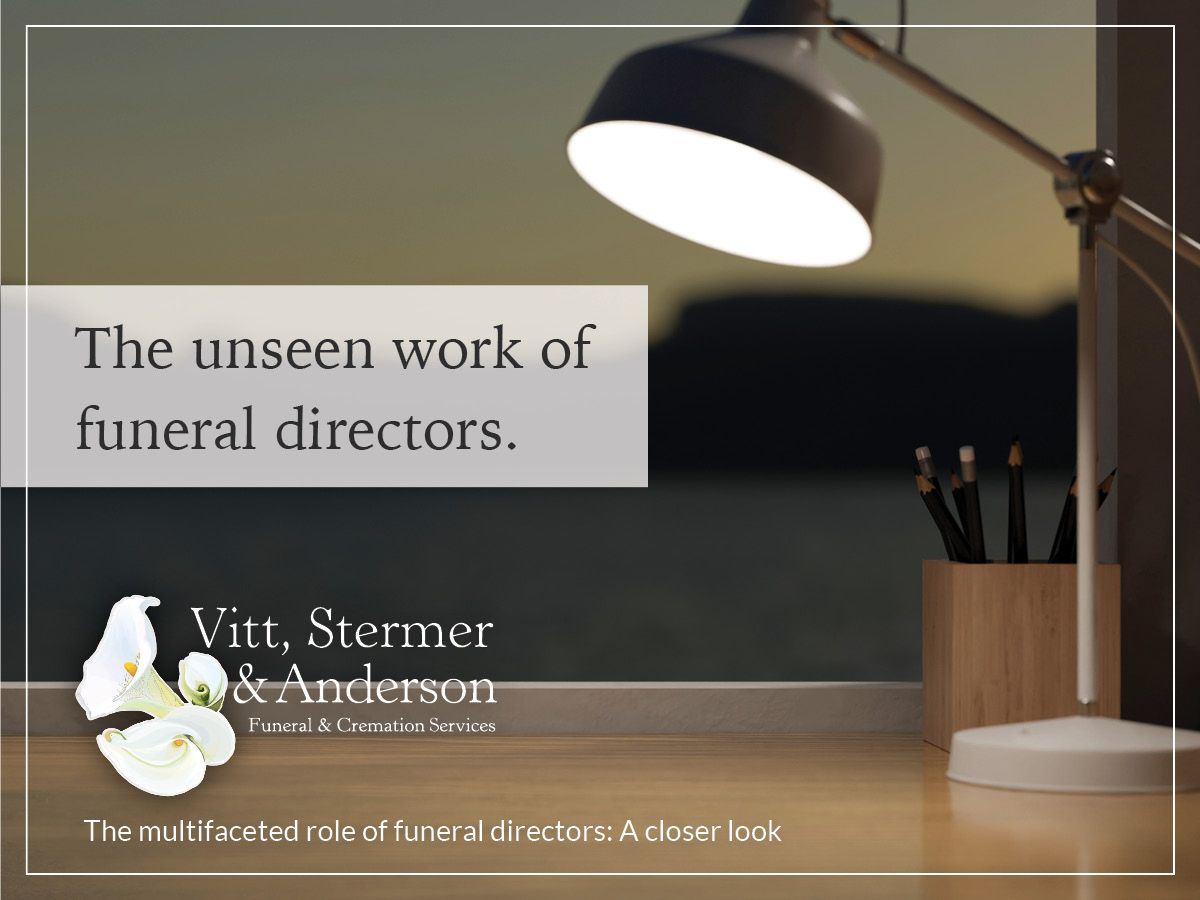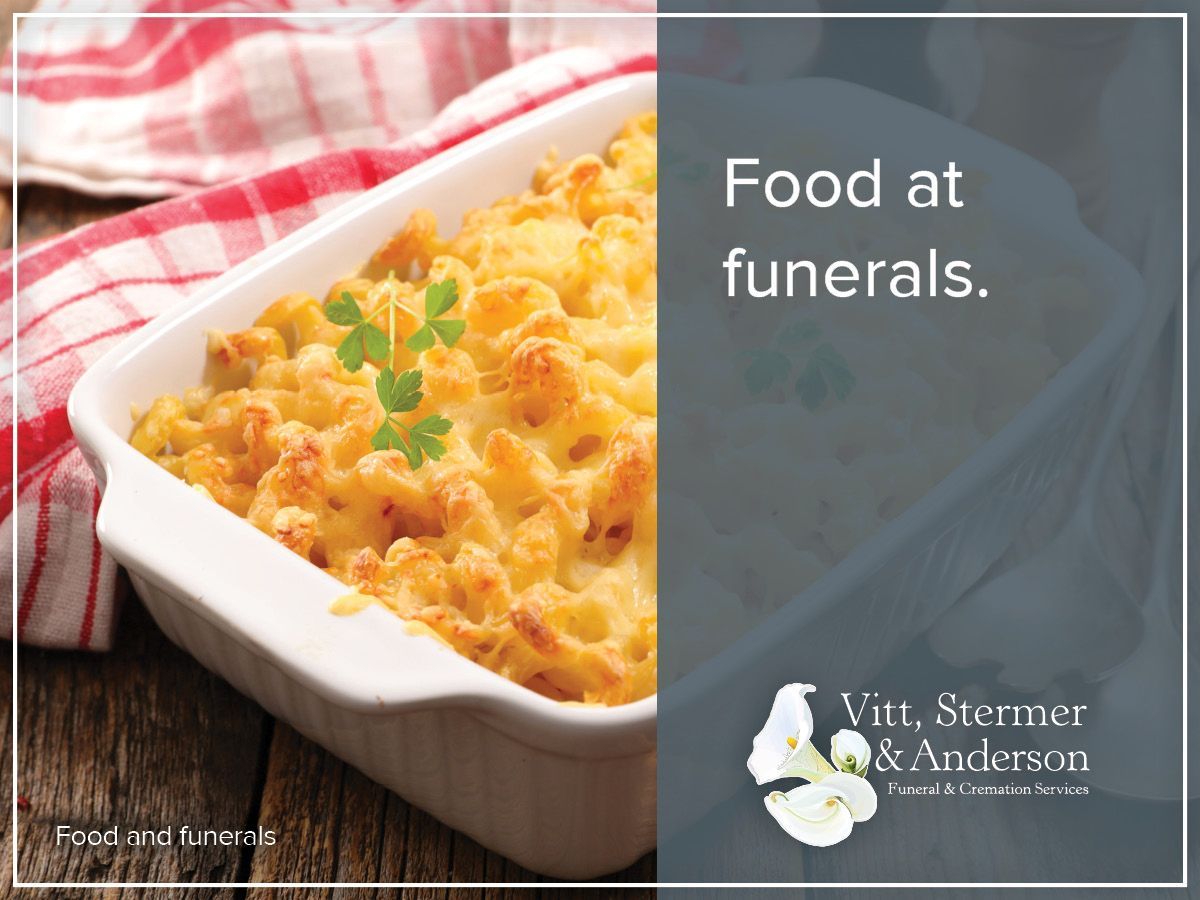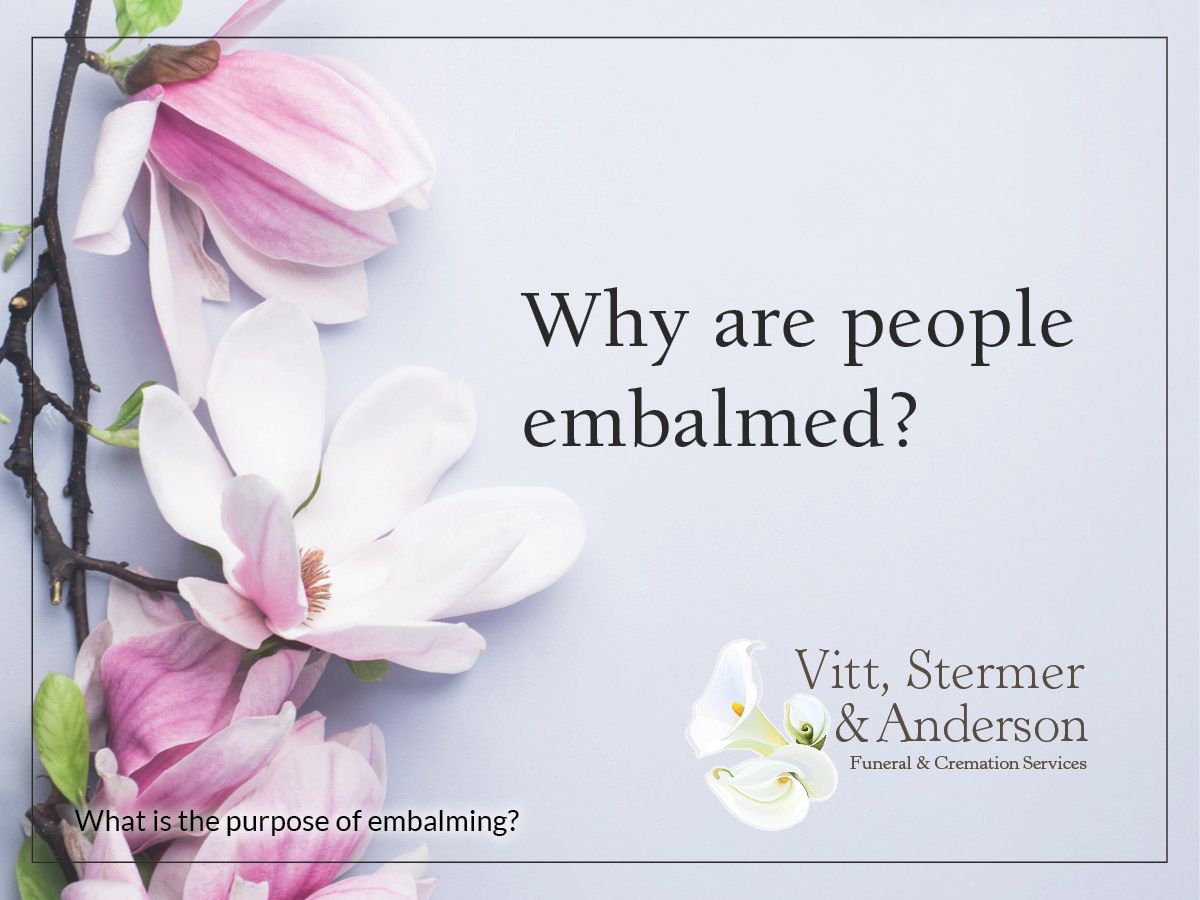What Are Death Certificates for and How Many Do I Need?
Paperwork can be daunting even when you’re in a good mindset, but when you’re in a period of mourning following the death of a loved one, the last thing you want to be doing is filing forms. Unfortunately, when a loved one passes, there’s quite a lot of paperwork to do. But to start, you’ll need to obtain several death certificates. But what are death certificates for, and how many do you need?
What are death certificates for?
Death certificates are official documents that state the date, time, and cause of death. Although the steps to obtaining a death certificate vary by state, one of the simplest ways is by requesting certified copies through your funeral home. Funeral directors are familiar with the process, having done the same for many families they’ve worked with. Otherwise, you can request death certificates through your state or county’s vital records office or a government-endorsed website. Be prepared to show a government-issued ID and additional documentation to prove your relationship to your loved one.
The initial filing for a death certificate starts with a death registration form and must occur within 72 hours of your loved one’s death. Receiving the death certificates may take two to four weeks, and you’ll need several certified copies. But for what exactly do you need death certificates?
Insurance
When your loved one passes away, you’ll need a death certificate to file for life insurance benefits. It’s crucial to try to submit one as early as possible, as you’ll likely want to have these benefits to help you with funeral planning and payment if the funeral was not pre-paid. You’ll also need a death certificate to confirm your loved one’s death with their health insurance company or in order to keep receiving Medicaid benefits. Burial or funeral insurance companies also require a death certificate.
Final Disposition
Whether your loved one is to be cremated or buried, you’ll need a death certificate. A cemetery or crematory will not take care of your loved one’s final disposition without having a death certificate on hand.
Asset Ownership
Typically, a notarized signature is sufficient when an asset, like a house or car, is transferred from one person to another. But because that isn’t possible in the event of a death, a death certificate allows the title to go to a new owner.
Financial Accounts
Before granting anyone access to the decedent’s financial accounts, a bank must be made aware of the death through a death certificate. From stocks to savings accounts, you’ll need enough death certificates to be sure that each of these accounts can be transferred or closed.
Retirement Income Sources
If your loved one had a 401(K) or a pension plan, you’ll likely need a certified copy of a death certificate. Some retirement plans can be transferred to someone else, such as a surviving spouse, so it’s essential to contact the company as soon as possible to see if and how you can change ownership of the assets to you or a loved one.
Ongoing Investigations
If your loved died suspiciously and there’s an ongoing investigation into how they passed, government officials will need a death certificate with the cause of death recorded. Depending on the results of the investigation, the cause of death may be amended.
Final Tax Returns
When a loved one dies, one final year of federal, state, and local taxes must be filed. When you file these taxes, you’ll need to submit a death certificate to ensure that this filing is the last one for your loved one.
How many death certificates do you need?
It’s better to have too many death certificates than too few. Although it’s often recommended that you receive between 10 and 20 certified copies, you may need fewer or more depending on your loved one’s estate. The best option is to become familiar with your loved one’s estate before they pass. You should aim to learn the ins and outs of their financial accounts, retirement income sources, and insurance policies.
The number of each of these accounts and policies will help you discover how many death certificates you need. However, you should not only order the exact number of certified copies required to close or transfer these accounts. You should have between two and three additional death certificates for emergencies and for making photocopies when a certified copy is unnecessary.
Talk to your funeral director if you’re unsure about when and where you need to use a death certificate or how you can obtain enough certified copies. They’ll be able to guide you through the process and ensure that you’re not missing a death certificate for any critical accounts.

